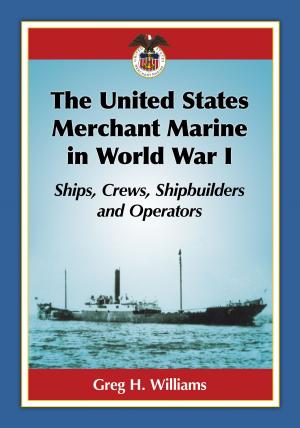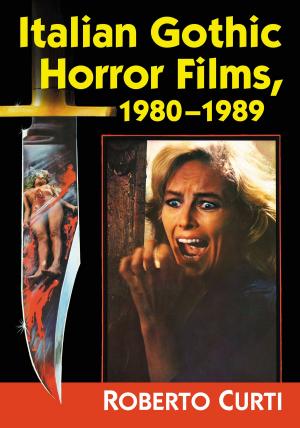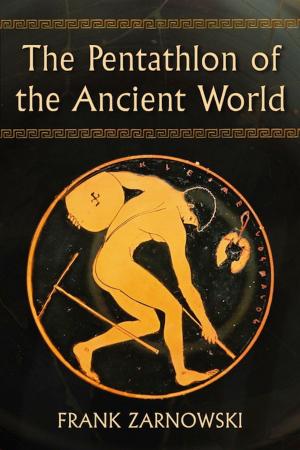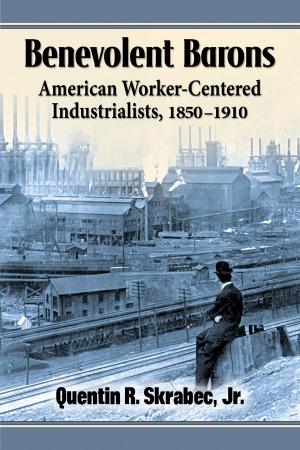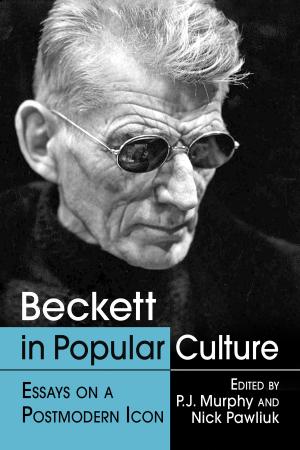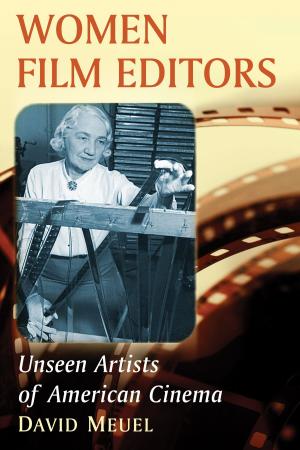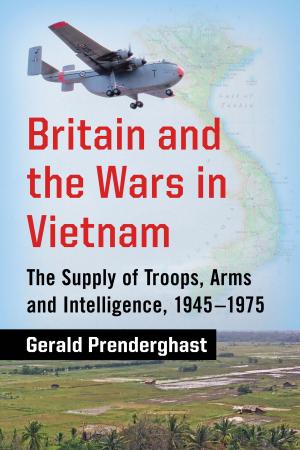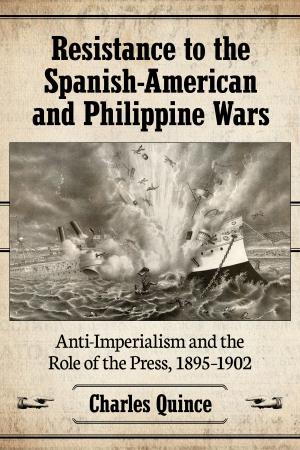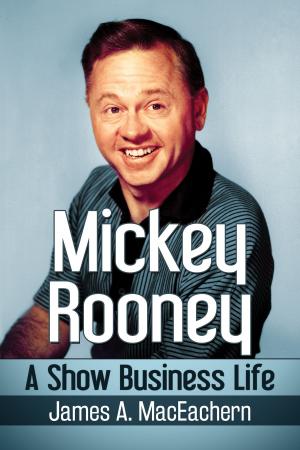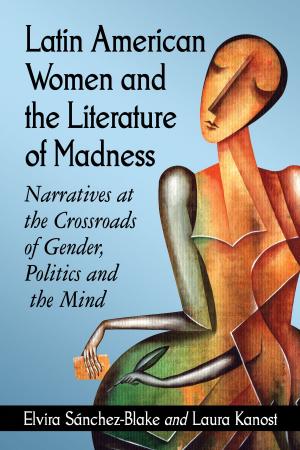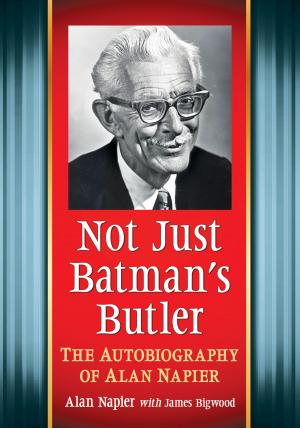Meyer London
A Biography of the Socialist New York Congressman, 1871-1926
Nonfiction, Social & Cultural Studies, Political Science, Government, Biography & Memoir| Author: | Gordon J. Goldberg | ISBN: | 9781476600505 |
| Publisher: | McFarland & Company, Inc., Publishers | Publication: | January 30, 2013 |
| Imprint: | Language: | English |
| Author: | Gordon J. Goldberg |
| ISBN: | 9781476600505 |
| Publisher: | McFarland & Company, Inc., Publishers |
| Publication: | January 30, 2013 |
| Imprint: | |
| Language: | English |
Meyer London (1871–1926), a Russian Jewish immigrant, settled in New York’s Lower East Side in 1891. He became a lawyer, labor activist, founding member of the Socialist Party of America, and a three term Congressman who advocated peaceful methods and refused to take rigid doctrinal positions. Elected to Congress in 1914 as the lone Socialist, he demonstrated political skill and courage. London urged unemployment, health and old age insurance, and fought attempts to restrict immigration. At the outbreak of World War I, he urged strict neutrality, but once the U.S. intervened, London supported the war. In 1918, a fusion candidate defeated London, questioning his “Americanism.” He returned to Congress in 1920, where in the face of the pro-business Harding Administration he continued to fight for economic and social justice. His untimely death in 1926 caused shock waves among his fellow Lower East Siders for whom the beloved London had become a folk hero. This detailed political biography closely follows London’s career, the opposition he faced in politics, and the principled if controversial stands he maintained throughout his life.
Meyer London (1871–1926), a Russian Jewish immigrant, settled in New York’s Lower East Side in 1891. He became a lawyer, labor activist, founding member of the Socialist Party of America, and a three term Congressman who advocated peaceful methods and refused to take rigid doctrinal positions. Elected to Congress in 1914 as the lone Socialist, he demonstrated political skill and courage. London urged unemployment, health and old age insurance, and fought attempts to restrict immigration. At the outbreak of World War I, he urged strict neutrality, but once the U.S. intervened, London supported the war. In 1918, a fusion candidate defeated London, questioning his “Americanism.” He returned to Congress in 1920, where in the face of the pro-business Harding Administration he continued to fight for economic and social justice. His untimely death in 1926 caused shock waves among his fellow Lower East Siders for whom the beloved London had become a folk hero. This detailed political biography closely follows London’s career, the opposition he faced in politics, and the principled if controversial stands he maintained throughout his life.

